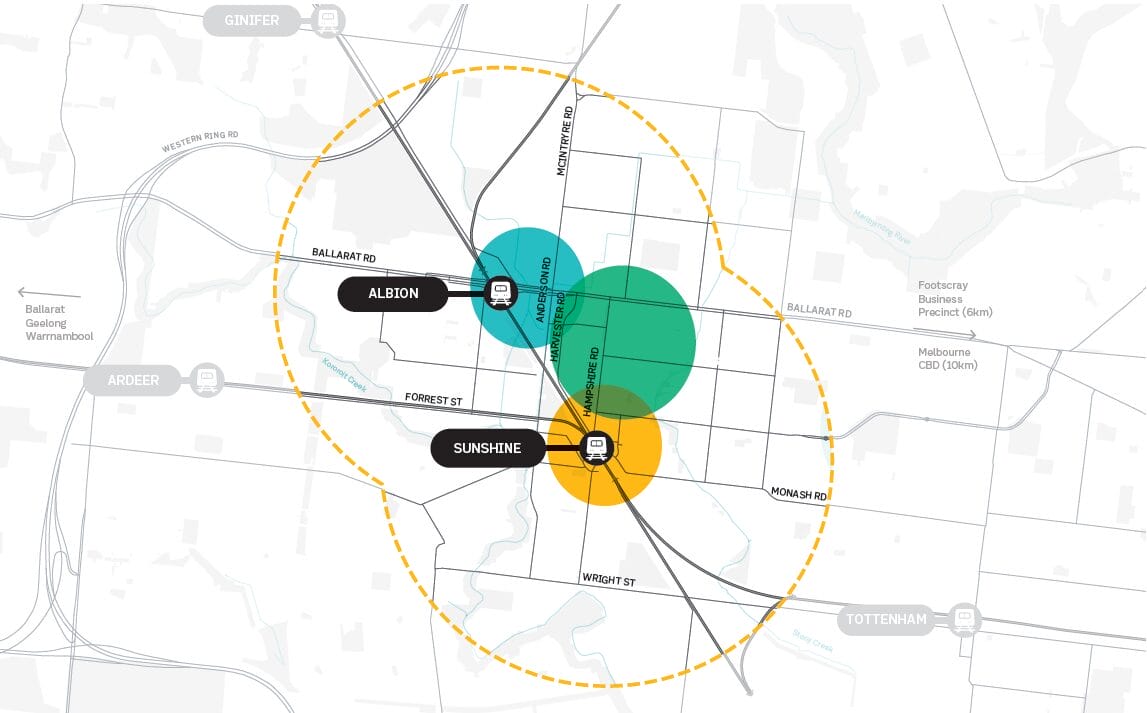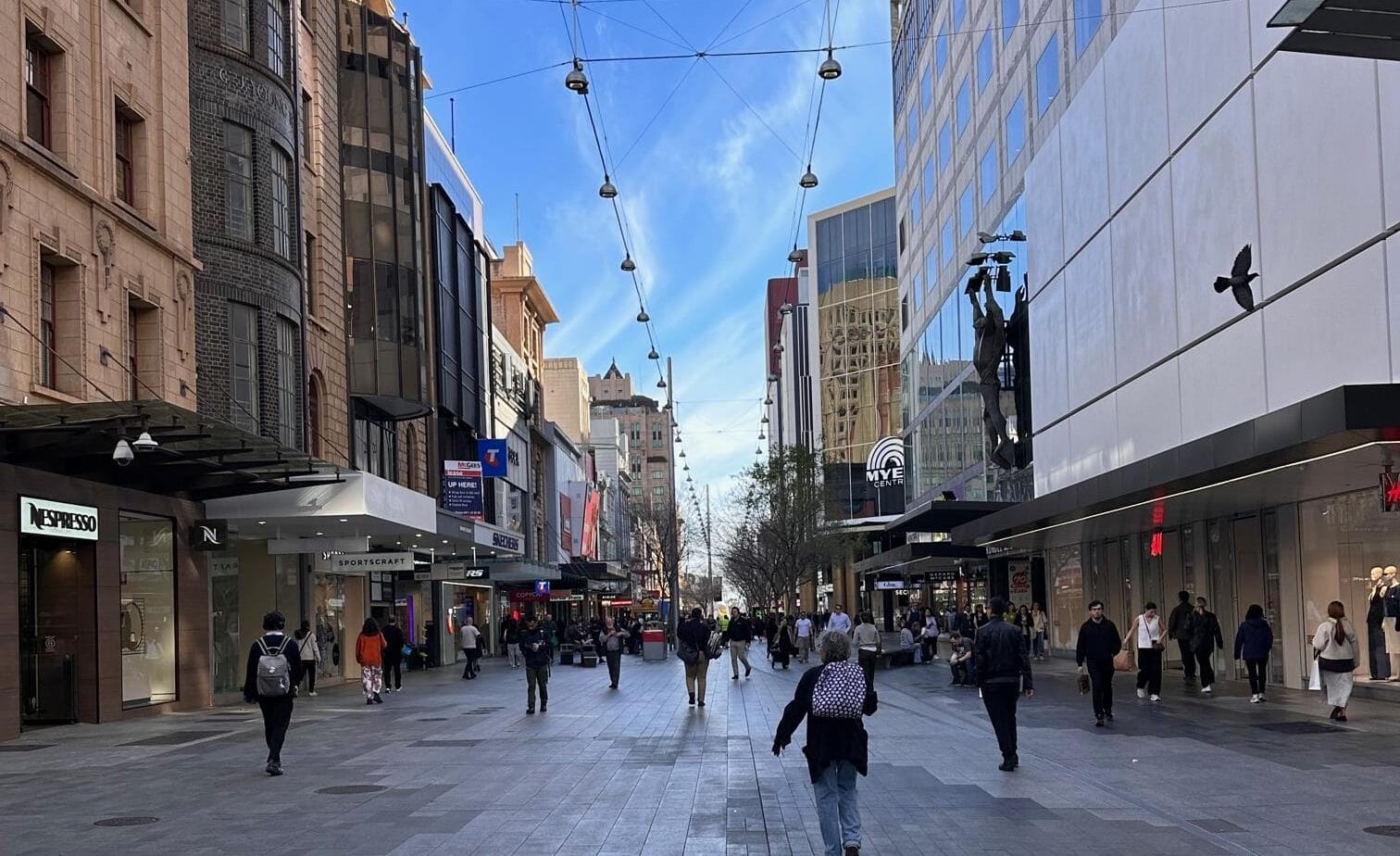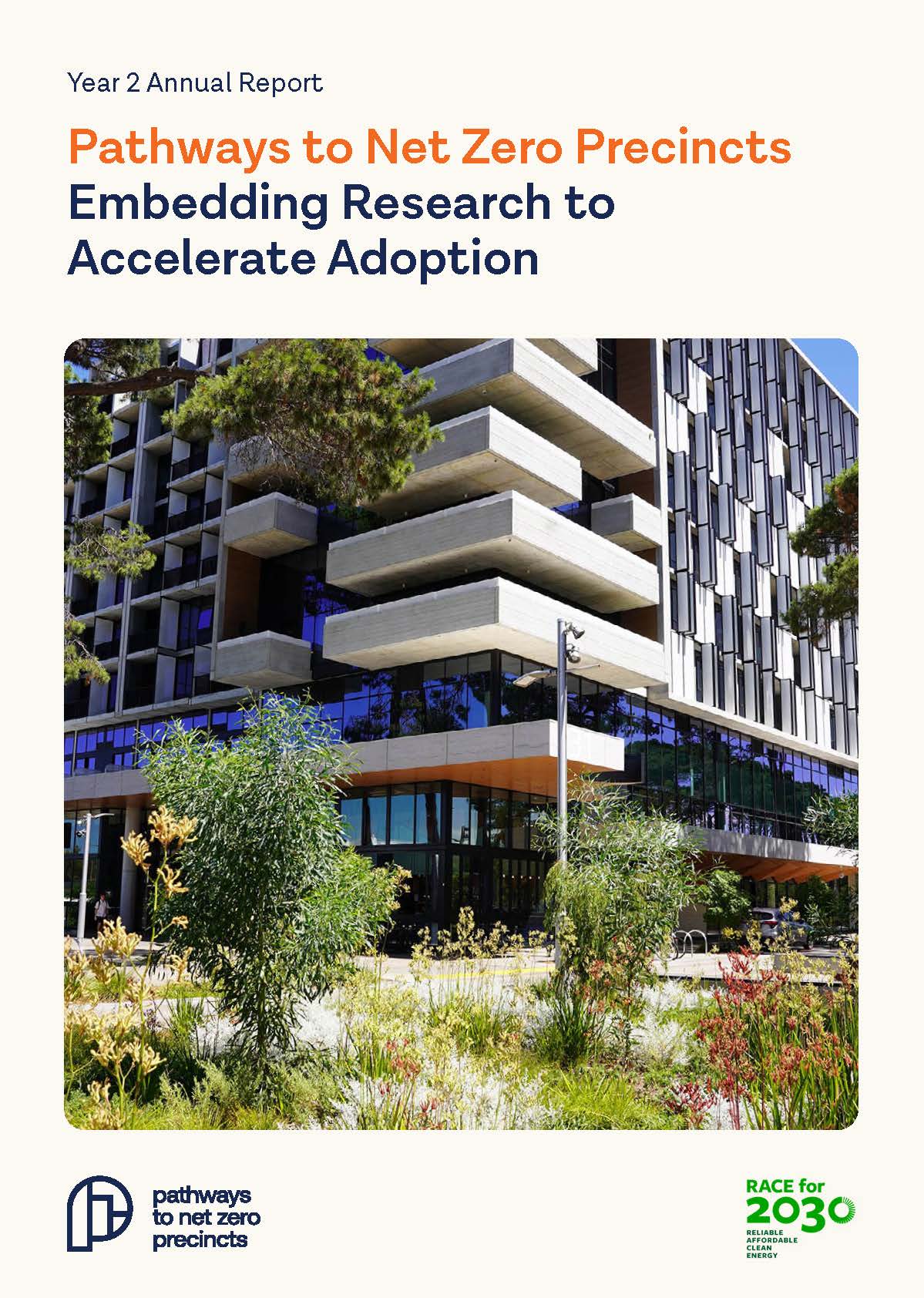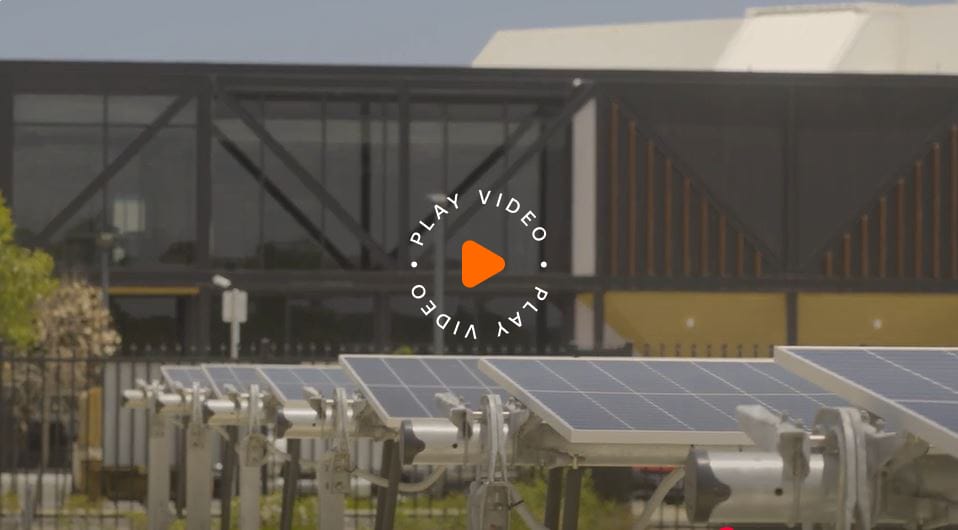
Pathways to Net Zero Precincts
Pathways to Net Zero Precincts is a three-year research project to develop and implement innovative strategies for transitioning urban precincts towards net zero emissions.
A collaborative initiative between Curtin University, the RACE for 2030 Cooperative Research Centre and a consortium of leading industry and research partners from across the country, over 10 case studies will form the testing ground for these real-world interventions.
With urban centres responsible for a significant portion of the world’s greenhouse gas emissions, precincts are an important, and potentially effective place to innovate to achieve net zero outcomes. Their practical scale allows technologies such as solar PV, batteries and electric vehicles to be readily incorporated into design and delivery. With good governance practices, these technologies can operate reliably and affordably at the precinct scale.

A precinct is a unified area of urban land with a clearly defined boundary. Synonymous with neighbourhood or district. A typical precinct will contain private and public land with shared infrastructure.
Source: Thompson, G. Newton, P. Newman, P & Byrne. J. (2019). Guide to Low Carbon Precincts. Cooperative Research Centre for Low Carbon Living. Sydney, Australia
Latest News
Our Partners
Meet the team of industry, government and academic partners collaborating on this research project
Curtin’s support includes the CISCO Curtin Centre for Networks
Support for Tranche 2 Case Studies includes The Department of Transport and Planning, Victoria State Government;
The Centre for New Energy Technologies (C4NET); Department for Environment and Water (DEW), South Australia;
City of Adelaide; Power Tech Energy Pty Ltd; and Sustainable Energy Commitment Pty Ltd.

































